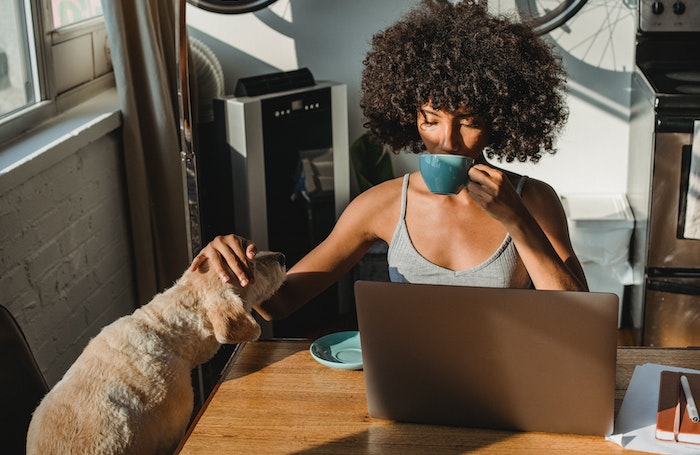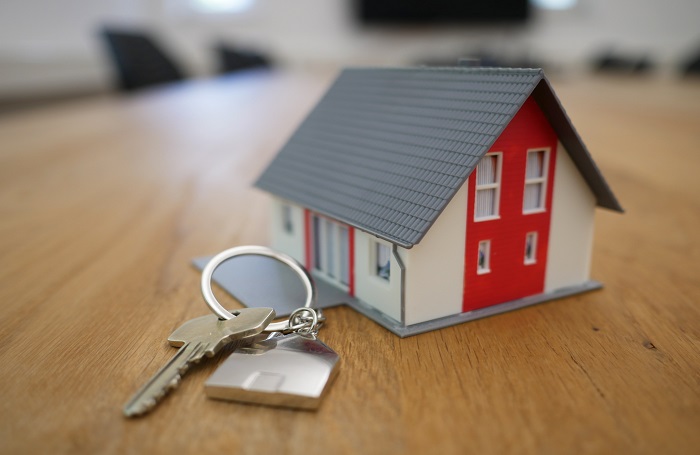
Keeping your home clean and undamaged when bringing a new dog home requires careful planning, consistent training, and a few practical strategies.
You want to understand French Bulldog health issues, but also how to train your new dog to not soil or harm the home. Here’s a comprehensive guide to help you maintain a harmonious and clean living environment with your furry friend.
1. Choose the Right Dog for Your Lifestyle
Before bringing a dog home, research different breeds and choose one that aligns with your lifestyle and living situation. Consider factors like size, energy level, and temperament. A well-matched dog is less likely to cause damage due to boredom or frustration.
2. Puppy-Proof Your Home
Just like you would childproof your home for a baby, puppy-proofing is essential. Remove or secure items that could be harmful to your new dog, such as toxic plants, chemicals, small objects they might swallow, and electrical cords.
3. Crate Training
Crate training is an excellent way to keep your home undamaged and your dog safe when you can’t supervise them. Dogs often view their crates as safe spaces, which helps prevent destructive behaviors when you’re not around.
4. Supervise and Train
One of the most important aspects of keeping your home undamaged is supervision. When you’re home, keep an eye on your dog to catch and correct any undesirable behaviors. Consistent training is essential to teach them what’s acceptable and what’s not.
5. Establish a Routine
Dogs thrive on routines. Establish a regular schedule for feeding, bathroom breaks, exercise, and playtime. Predictability can reduce stress and prevent accidents.
6. Provide Plenty of Exercise
A tired dog is a well-behaved dog. Make sure your dog gets enough physical and mental exercise daily. This helps burn off excess energy and reduces the likelihood of destructive behavior.
7. Proper Chew Toys
Dogs need to chew, especially puppies during teething. Provide them with appropriate chew toys to satisfy this natural urge. Discourage chewing on furniture or personal belongings by redirecting them to their toys.
8. Use Positive Reinforcement
Positive reinforcement, like treats and praise, is a powerful tool in dog training. Reward good behavior to encourage your dog to repeat it. Avoid punishment, as it can lead to fear or aggression.
9. Invest in Training Classes
Enroll in obedience classes or seek professional training if necessary, especially if your dog exhibits challenging behaviors. A well-trained dog is less likely to cause damage.
10. Keep Your Home Clean
- Regular cleaning is essential to maintain a clean and odor-free home with a dog. Here’s what you can do:
- Vacuum and mop floors regularly to remove pet hair and dirt.
- Invest in a good-quality pet hair vacuum cleaner.
- Use washable pet bed covers and throws to protect furniture.
- Wash your dog’s bedding and toys frequently.
- Clean up accidents promptly using pet-safe cleaning products.
- Groom your dog regularly to reduce shedding.
- Brush your dog’s teeth and keep up with dental care to control bad breath.
11. Manage Dog Odors
- Dogs can introduce odors into your home. To combat this:
- Bathe your dog regularly but not excessively to avoid dry skin.
- Use pet-safe air purifiers to improve indoor air quality.
- Wash dog bedding and blankets routinely.
- Use pet-safe room deodorizers or candles to neutralize odors.
12. Proper Waste Management
- Pick up your dog during walks to keep your neighborhood clean.
- Install a dog waste disposal system in your yard if you have one.
13. Secure Trash Bins
Dogs are often attracted to trash bins. Use bins with secure lids or place them in a cabinet to prevent your dog from rummaging through garbage.
14. Protect Your Yard
If you have a yard, ensure it’s securely fenced to keep your dog safe and prevent it from digging or escaping. Provide plenty of outdoor activities to keep them engaged.
15. Regular Vet Check-Ups
Routine veterinary care is essential to keep your dog healthy and address any behavioral or health issues promptly.
16. Be Patient
- Remember that dogs, especially puppies, may take time to adapt to their new home and routine. Be patient and consistent in your training efforts.
17. Seek Professional Help
If your dog’s behavior issues persist or worsen, consult with a professional dog trainer or a veterinarian who specializes in behavior. They can provide tailored advice and solutions.
In conclusion, maintaining a clean and undamaged home with a new dog requires a combination of proper training, a structured routine, and regular cleaning.
By taking proactive measures and investing time in training, you can create a harmonious living environment where both you and your furry companion can thrive. Dogs bring joy and companionship to our lives, and with the right approach, you can enjoy a clean and happy home together.









